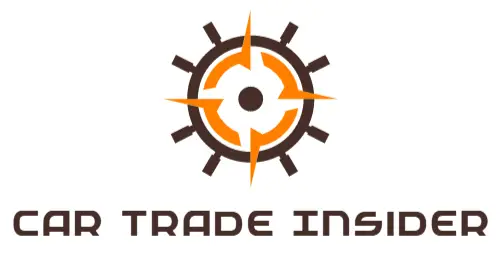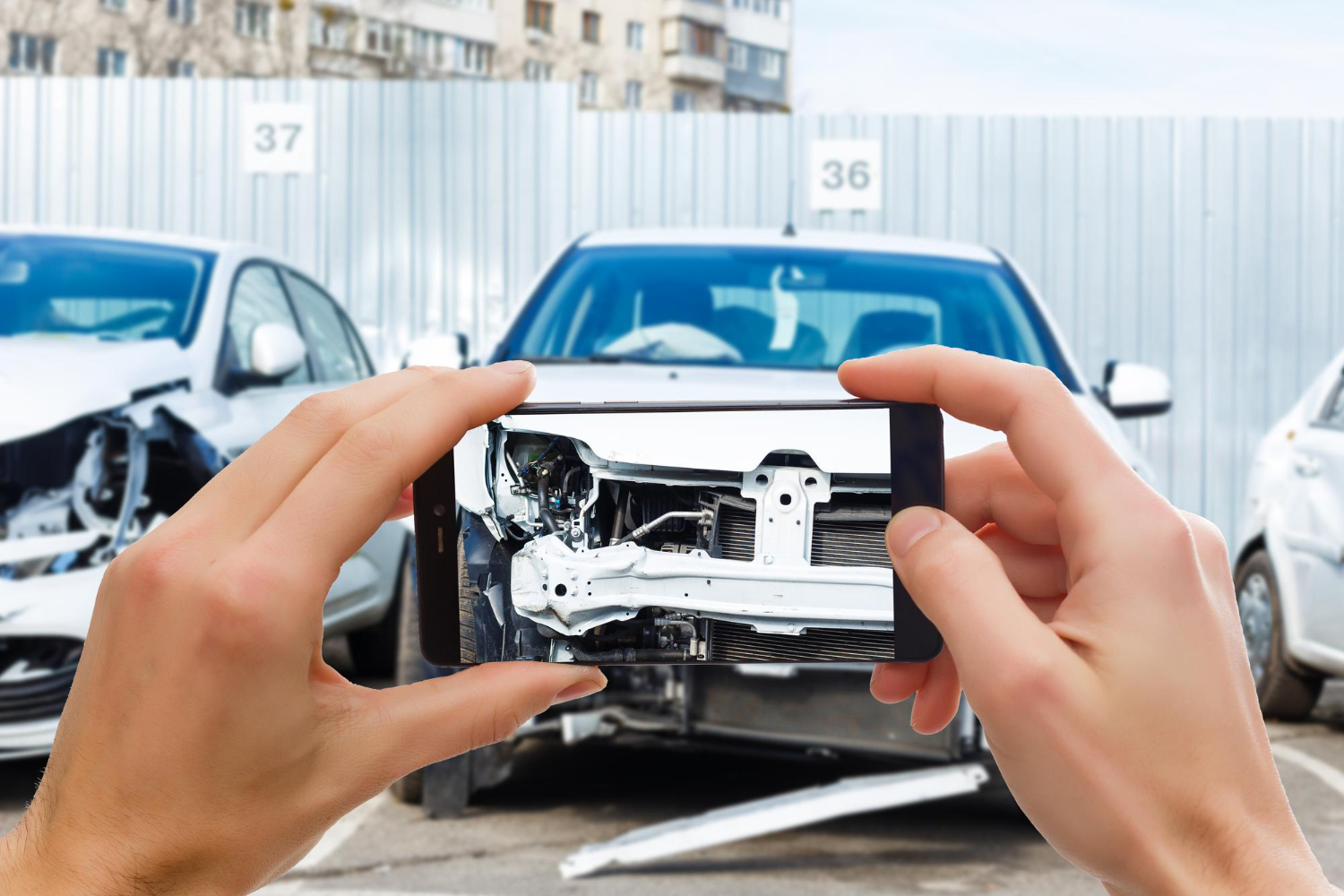When shopping for a used car, you may come across listings for vehicles with a “branded” or “salvage” title. These titles indicate that the car has sustained damage related to an accident, theft, fire, or flooding during its lifetime.
While branded title cars may come with an affordable price tag, they also raise concerns about safety and resale value. In this article, we’ll explore the pros and cons of buying a branded title car, helping you make an informed decision before making your purchase.
What is a Branded Title?
A branded title is an official designation given to a vehicle’s title by a state agency, indicating that the car has been damaged or may have safety issues. Common branded titles include Salvage, Reconstructed, Lemon, Hail, Theft, and Water damage. Each title reflects the car’s condition, roadworthiness, and eligibility for use on US roads or sale overseas.
Types of Branded Car Titles
Used cars may have attractive low prices. However, before making a purchase, ensure you know its characteristics, owner history, and possible accidents. Analyze the future costs of the vehicle’s maintenance. After all, the most economical car is the one with zero damage. Here are some common types of branded car titles:
1. Salvage Title
This type of certificate determines that the cost of car repair is 50% or more of the selling price and applies to cars that have been through a severe accident. Typically, such vehicles end up in car auctions, where they can be purchased at a lower cost. It’s essential to be cautious when buying a car with a salvage title as the extent of damage may vary.
2. Lemon Title
Lemon title vehicles have severe reoccurring malfunctions, which force the manufacturers to redeem them. Typically, such issues make the car unsafe or even inoperable even after several attempts to fix it for a long period of time (from 30 days or more). Lemon law obliges manufacturers to buy back defective vehicles or replace them with new ones, but each state has different requirements for a car to obtain this status.
3. Rebuilt or Reconstructed Title
A rebuilt title is when a car has been restored from a salvage title and is usable. Not all sellers invest in high-quality repairs, so it’s essential to check the history of the car and, if possible, order an inspection. Rebuilt title vehicles should be treated with extreme caution.
4. Odometer Rollback Title
A vehicle would receive this title if one of the previous owners rolled back the car’s road use identifier, the odometer. Detecting odometer rollback is extremely difficult, so it’s best to have the car checked by a qualified mechanic.
5. Water Damage Title
This title is assigned to a vehicle that has suffered from natural disasters, such as a flood, a hurricane, or heavy rain. Water damage title cars require an inspection by independent experts to determine the level of issues caused by water.
6. Hail Damage Title
A car receives such a title due to the damage caused by bad weather conditions, namely, hail. A minor repair is usually enough to return the vehicle to an excellent functional and esthetical state.
7. Junk Title
Vehicles with a Junk record entry have suffered significant damage and were listed in the database with the mark “total loss.” These junk vehicles are unsuitable for American roads and cannot be re-registered in the United States.
How Much Does a Branded Title Affect Vehicle Value?
Branded title cars generally have a lower value than their clean title counterparts. They can lose 20-40% of their Blue Book value, and the specific title type will impact their cost.
Pros of Buying a Branded Title Car
- Cost Savings: One of the most significant advantages of purchasing a branded title car is its lower price compared to vehicles with clean titles. These cars are often more affordable, making them an attractive option for budget-conscious buyers.
- Minor Repairs: Many branded title vehicles require only minor repairs. Some branded titles result from accidents that led to minor body damage, which can be easily fixed.
- Re-sellability: Branded title vehicles can be resold easier than their non-branded counterparts. As more people learn about the benefits of professionally restored branded title vehicles, the secondhand market for these cars grows in inventory and demand.
- Environmentally Friendly: By purchasing a branded title car, you contribute to the restoration of minimally damaged vehicles, which is highly economical and beneficial to the environment and planet.
- Potential for Profit: If you have the skills and knowledge to repair cars, purchasing a branded title car at a lower cost can offer opportunities for flipping and potentially earning a profit.
Cons of Buying a Branded Title Car
- Unknown History: Branded title cars often come with unknown histories. While you can learn something about what happened to the car based on the type of brand, you won’t find the specific details.
- Limited Insurance Coverage: Many insurance companies may be hesitant to insure branded title vehicles, or they may offer limited coverage due to difficulties in assessing new damage from a claim versus prior damage before salvage repairs.
- Potential Fraud: Buying a branded title vehicle opens up possibilities for fraud, where sellers may undersell the extent of the original damage or the quality of the repairs.
- Potential Hidden Damage: Despite professional restoration, some branded title cars may still have hidden mechanical or structural issues that could lead to expensive repairs down the line.
- Limited Financing Options: Securing financing for a branded title car can be challenging, as many lenders prefer to finance vehicles with clean titles.
- Resale Challenges: Selling a branded title car can be more difficult due to skepticism from potential buyers and the limited availability of pricing information in standard valuation guides.
Is Buying a Branded Title Car Right for You?
Deciding whether to purchase a branded title car depends on your budget, mechanical knowledge, and risk tolerance. If you have limited funds and can assess the vehicle’s condition, a branded title car might be a practical choice. However, those who are risk-averse, unfamiliar with car repairs, or plan to resell the car should carefully consider their options.
To make an informed decision, have the car inspected by a qualified mechanic and obtain a vehicle history report. Additionally, research state-specific regulations and consult reputable dealerships specializing in branded title vehicles.
How to Find Good-quality Branded Title Car
Finding a good-quality branded title car requires careful research and a cautious approach. Follow these steps to ensure you find a reliable vehicle:
1. Understand Branded Title Designations:
Familiarize yourself with the different types of branded titles, such as salvage, rebuilt, flood, or hail damage. Each title has unique implications for the car’s history and condition. Research the specific requirements and regulations for branded titles in your state.
2. Set a Budget:
Determine your budget for purchasing a branded title car. Remember to include additional funds for potential repairs and improvements, as some branded title cars may require more attention than others.
3. Identify Reputable Sellers:
Look for reputable dealerships or sellers who specialize in branded title cars. These professionals often have experience in restoring and evaluating such vehicles. Check online reviews and seek recommendations from friends or automotive enthusiasts.
4. Obtain a Vehicle History Report:
Request a comprehensive vehicle history report for the car you’re interested in. This report will provide valuable information about the car’s past, including accidents, repairs, and title changes. Look for a reputable service that aggregates data from various sources.
5. Inspect the Car Thoroughly:
If possible, inspect the car in person or have a qualified mechanic do it for you. Look for signs of previous damage, wear and tear, and rust. Pay close attention to the structural integrity and the quality of repairs.
6. Check for Safety Inspections:
Inquire about safety inspections that were performed on the car after it received its branded title. A reputable seller should have records of these inspections and be willing to share them with you.
7. Verify the Repairs:
If the car has undergone repairs, make sure they were performed by professionals and according to industry standards. Ask for documentation and receipts for the repairs, including parts used and labor involved.
8. Consider the Car’s Age and Mileage:
Take into account the car’s age and mileage when evaluating its worth. Older cars with high mileage may have experienced more wear and tear, making them riskier investments.
9. Check Insurance and Financing Options:
Contact insurance companies to inquire about coverage options for branded title cars. Additionally, explore financing options, as some lenders may be more willing to finance certain types of branded title cars.
10. Test Drive the Car:
If possible, take the car for a test drive to assess its performance and handling. Pay attention to any unusual noises or vibrations.
11. Seek Expert Opinions:
If you’re uncertain about evaluating a branded title car on your own, seek advice from automotive experts or knowledgeable friends. Their insights can be invaluable in making an informed decision.
12. Consider Warranty Options:
Some dealerships offer limited warranties on branded title cars. Check if any warranty coverage is available and understand its terms and conditions.
Remember that transparency and honesty from the seller are essential when dealing with branded title cars. If a seller is unwilling to provide information or seems evasive, it’s best to walk away from the deal.
Purchasing a good-quality branded title car can be a rewarding experience if you conduct thorough research and take the necessary precautions to ensure the car’s safety and reliability.
FAQs
1. Can I sell a branded title vehicle in the future?
Yes, you can resell a branded title car. However, be prepared for potential challenges due to buyer skepticism and limited availability of pricing information.
2. Is it safe to buy a branded title car?
It can be safe to buy a branded title car if you have the mechanical knowledge to assess the vehicle’s condition properly. Thorough inspection and history checks are crucial to ensure safety.
3. Will insurance companies cover branded title vehicles?
Not all insurance companies provide full coverage for branded title cars. However, with proper research, you can find reputable insurers willing to provide coverage.
4. How can I find out if a vehicle has a branded title?
To protect yourself from hidden brands, use one of the VIN checking tools, such as VINCheck or CARFAX, to see if a vehicle has been branded “Salvage” or has been reported stolen. These tools
5. What should I look for when buying a branded title car?
When buying a branded title car, check its documentation, inspect the vehicle’s photos for gaps and damages, review its sales history, and consider a professional inspection.
6. Can I finance a branded title car?
Financing options for branded title cars may be limited, as many lenders prefer vehicles with clean titles. You may need to explore alternative financing sources.
Conclusion
Before finalizing your purchase, carefully weigh the advantages and disadvantages and consider your long-term plans with the vehicle. By doing so, you can make a wise decision and enjoy the benefits of owning a branded title car. Remember to prioritize safety, conduct thorough research, and seek advice from automotive experts or reputable dealers if needed.




